Up to 79 million UZS recycling fee: Uzbekistan introduces new burden on EV imports
According to a resolution by the Cabinet of Ministers of Uzbekistan, starting from May 1, a recycling fee ranging from 45 million to 78.7 million UZS will be introduced for electric vehicles (EVs).
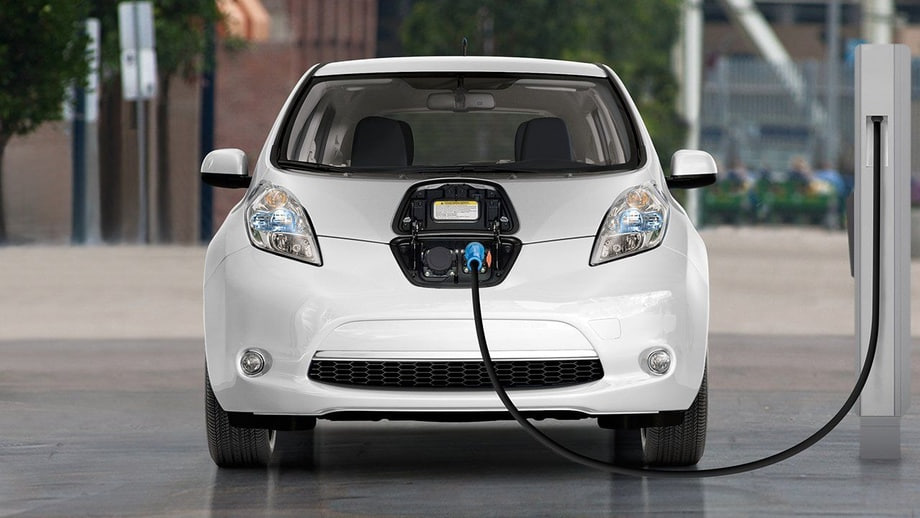
However, misleading reports have circulated on social media claiming that the fee would apply to all types of vehicles, sparking confusion and debate.
The Cabinet of Ministers’ resolution, titled “On additional measures to finance the establishment of infrastructure for the disposal of battery packs of electric vehicles,” aims to expand the use of “green” technologies in the country, ensure the safe disposal of EV batteries that have reached the end of their lifespan, and accelerate the localization of production in this sector.
Under this resolution, from May 1, 2025, the recycling fees will be set as follows:
- 120 times the base calculation amount (BCU) – equivalent to 45 million UZS – for electric vehicles less than three years old;
- 210 times the BCU – equivalent to 78.75 million UZS – for electric vehicles older than three years.
In other words, the recycling fee applies only to electric vehicles. Hybrid and other types of vehicles are excluded from this requirement.
“We support a free market”: Entrepreneurs urge removal of informal restrictions on EV imports
Recently, imports of electric vehicles into Uzbekistan have dropped sharply. For instance, in January–February 2025, the country imported 1,555 electric vehicles worth a total of $17.97 million. During the same period in 2024, 3,489 EVs valued at $85.42 million were imported.
According to economists, the decline in imports may be due to the launch of a test site in the Piskent district of Tashkent region for foreign vehicles. The site reportedly does not have the capacity to accommodate the same volume of imports as before, naturally making the process more complicated and causing prices to rise.
Since November 1, 2024, imported vehicles must undergo testing at the Piskent facility. This measure was introduced to enhance road safety and improve the quality of vehicles entering the country.
At the end of March, Uzbekistan’s Agency for Technical Regulation announced that a defect had been identified in the Leapmotor C16, a Chinese-made electric vehicle. The agency sent a warning to vehicle certification bodies, declaring a ban on the import of all Leapmotor vehicles.
Previously, BYD Uzbekistan Factory, a joint venture, requested that the government limit the unsystematic import of electric vehicles. At the time, public activists voiced concerns that restricting imports would harm competition. Some economists believe that the opening of new car manufacturing plants in Uzbekistan will not necessarily result in lower vehicle prices.
Related News
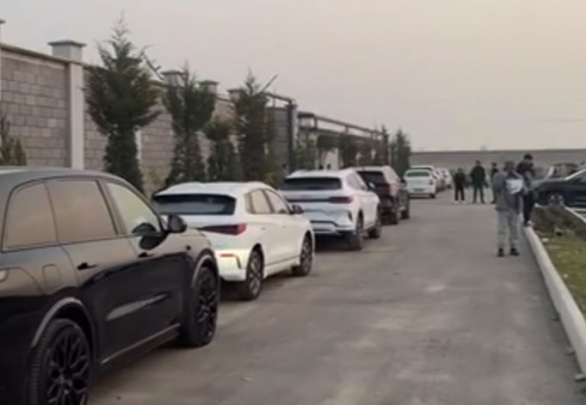
13:43 / 24.05.2025
Certificates for sale? Imported car testing bottleneck in Piskent fuels corruption suspicions
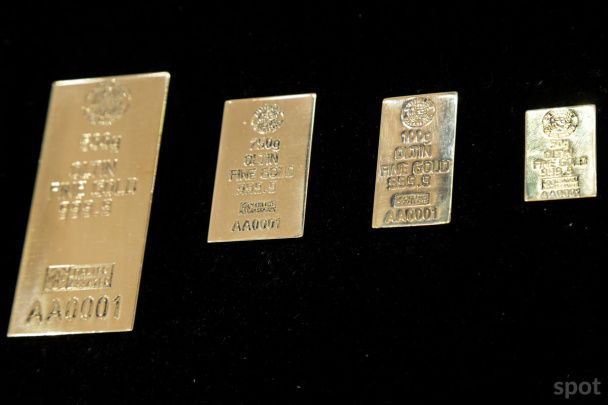
14:13 / 22.05.2025
Uzbekistan’s foreign trade hits $24.6 billion, with gold exports surging to $5.48 billion in just four months
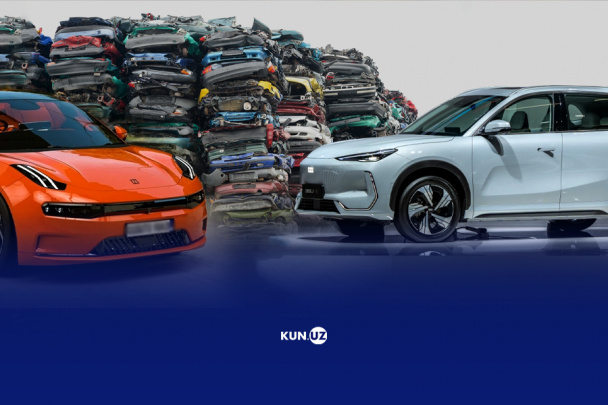
15:28 / 21.05.2025
Why is Uzbekistan charging $3,500 to import an EV? A look at global practices
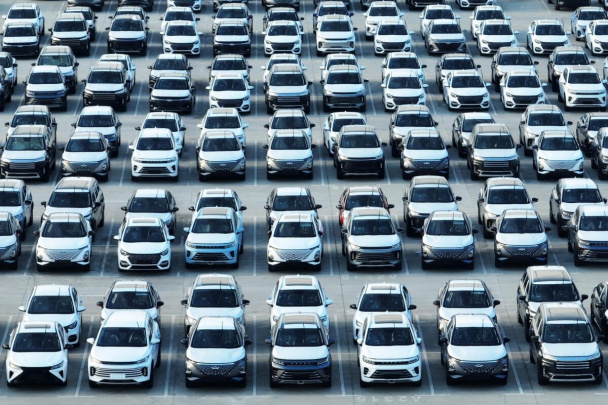
17:34 / 13.05.2025




